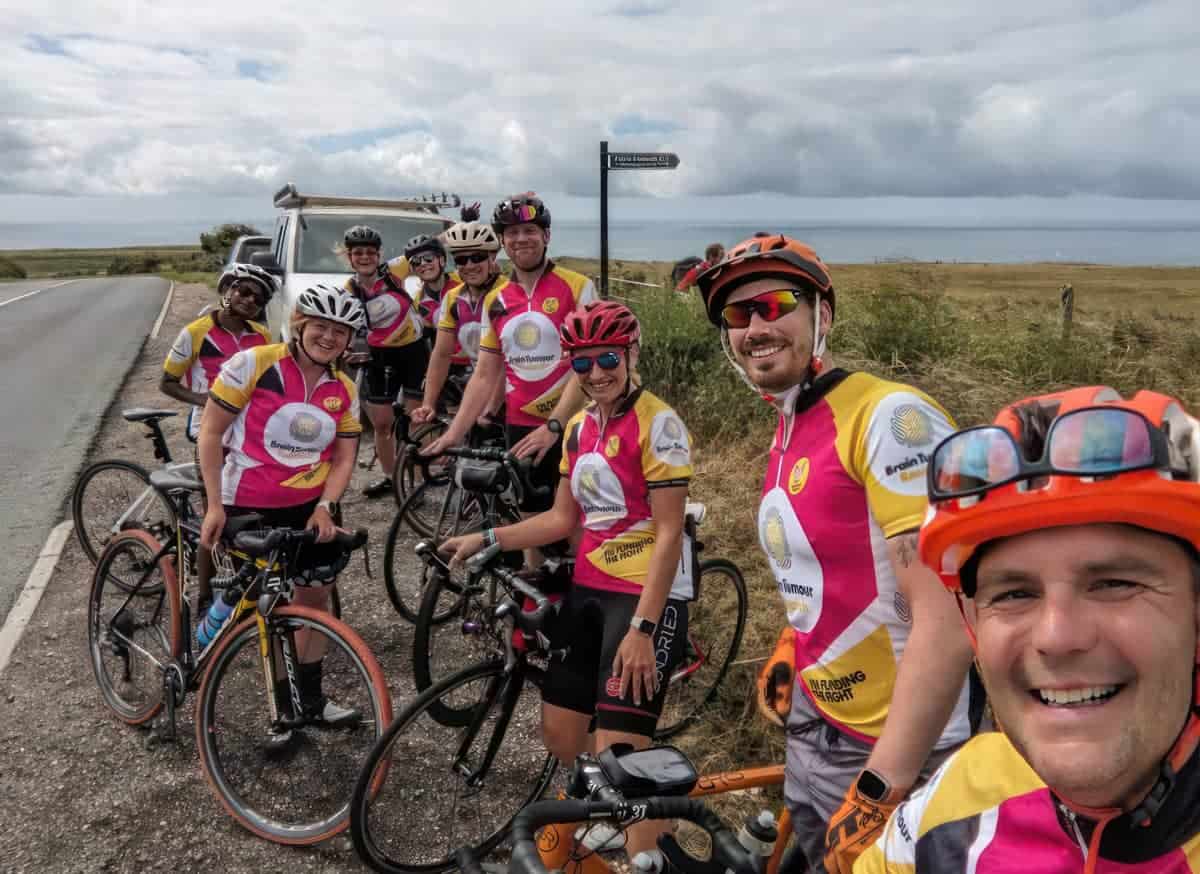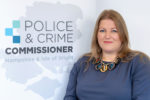A cyclist who lost his Mum to brain cancer just years after his brother was diagnosed with the disease was told their diagnoses were down to ‘bad luck’.
Daniel Turner of East Cowes was amongst of team of nine cyclists who took on the 68-mile Isle of Wight Randonnee on Saturday 1st July to raise money for the charity Brain Tumour Research.
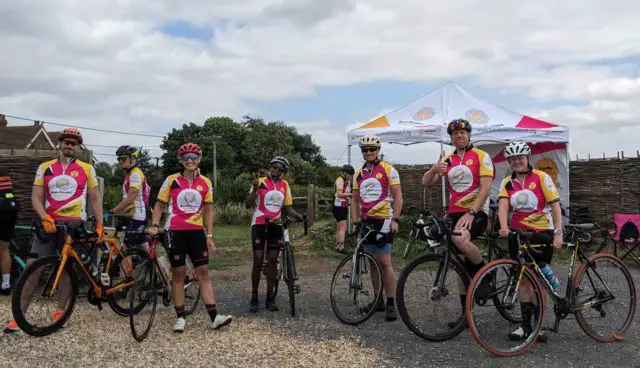
Turner: We’re all keen to make it an annual event.
The-36-year-old electrician said,
“The ride was great and despite some strong wind around the back of the Island and hilly terrain, I completed the cycle in five hours.
“We all finished with zero punctures and only a small amount of rain and I think we’re all keen to make it an annual event.”
Dozens of cyclists completed the route around the Island raising more than £10,000 for the charity.
Personal stories
Daniel was motivated to join the challenge by his older brother Shaun Turner, 38, who was diagnosed with a meningioma brain tumour in 2014 after losing his sense of smell and changes in his peripheral vision.
Shaun has since had two operations and is monitored with regular scans. He took part in the cycle challenge in 2017, raising more than £3,000 for the charity.
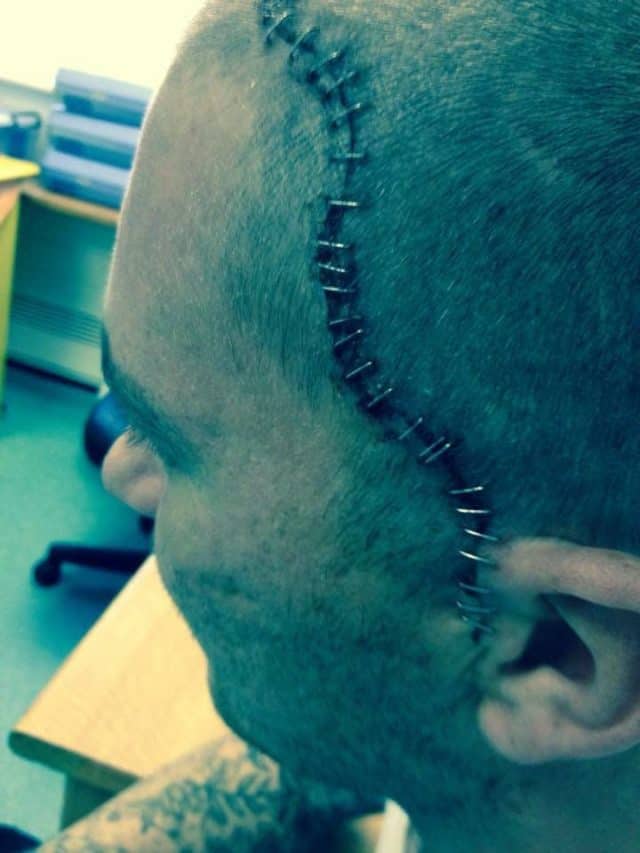
The family were devastated by the disease once again in December 2018 when they lost their Mum, Jill Turner, to a glioblastoma (GBM).
Initially misdiagnosed with a mental breakdown, Jill had intense radiotherapy however the cancer was too aggressive. She died just four months later.
Daniel, who has two children, said,
“For the disease to have struck our family twice was shocking and we have asked doctors the likelihood of passing it onto our children but they have said it is purely bad luck.
“My brother has had genetic testing and there is nothing to prove it is in your family gene – it’s just awful luck.”
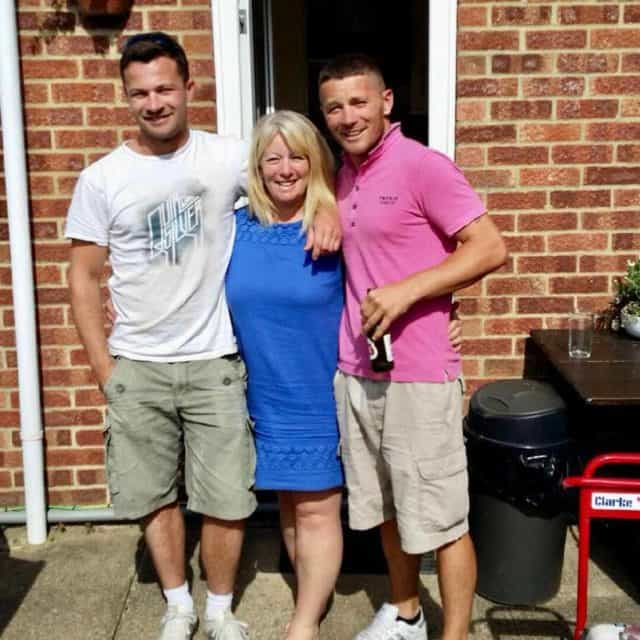
Daniel added,
“The treatment my Mum had in such a short space of time caused side effects including extreme fatigue and you could see how it was impacting her physically. Looking back knowing what we know now, we may have chosen a different treatment pathway.
“Supporting a charity that focuses on the research into brain tumours is vitally important so we can help find better treatment options and eventually find a cure for the disease. It’s too late for my Mum, but for people like Shaun who are living with the disease, we must progress the research of brain tumours and bring it in line with advances in the treatment of other cancers.”
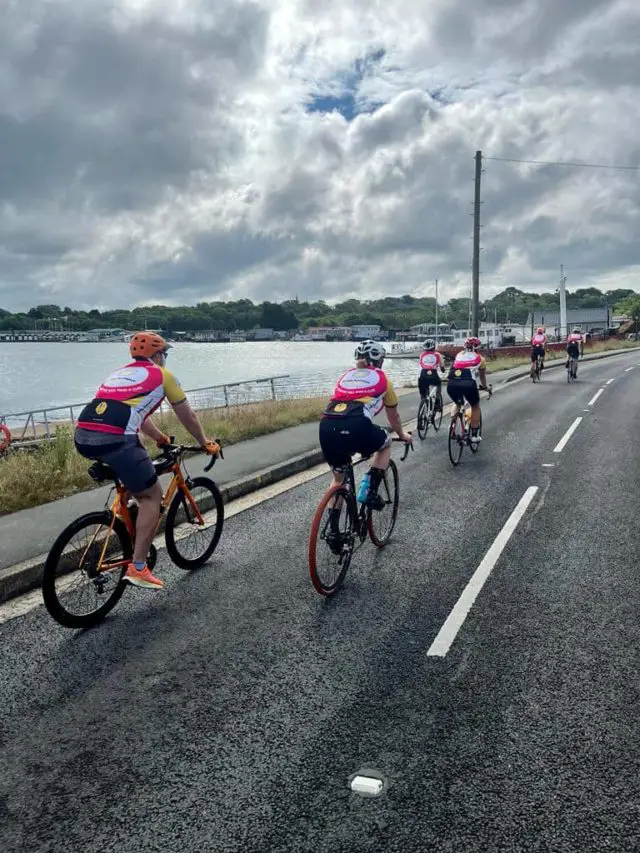
16,000 people diagnosed with brain tumour annually
In the UK, 16,000 people each year are diagnosed with a brain tumour, yet just 1 per cent of the national spend on cancer research has been allocated to brain tumours since records began in 2002.
Noble: Brain tumours are indiscriminate
Dr Karen Noble, director of research, policy, and innovation at Brain Tumour Research, said,
“We are sorry to hear this has happened in Daniel’s family, but are grateful for all his fundraising efforts. Brain tumours are indiscriminate; they can affect anyone at any age.
“To have these two diagnoses in the same family is an extremely rare occurrence, less than a one in a million chance. If we are to change the stark facts around survival of this disease, then we simply must invest more into discovery science – the route to a cure.”
Funding sustainable research at dedicated centres
Brain Tumour Research funds sustainable research at dedicated centres in the UK. It also campaigns for the Government and larger cancer charities to invest more in research into brain tumours in order to speed up new treatments for patients and, ultimately, to find a cure.
The charity is the driving force behind the call for a national annual spend of £35 million in order to improve survival rates and patient outcomes in line with other cancers such as breast cancer and leukaemia.
Show your support
To donate to Brain Tumour Research via Daniel’s cycle challenge, please visit Daniel’s Just Giving Page.
News shared by Lauren on behalf of Brain Tumour Research. Ed

